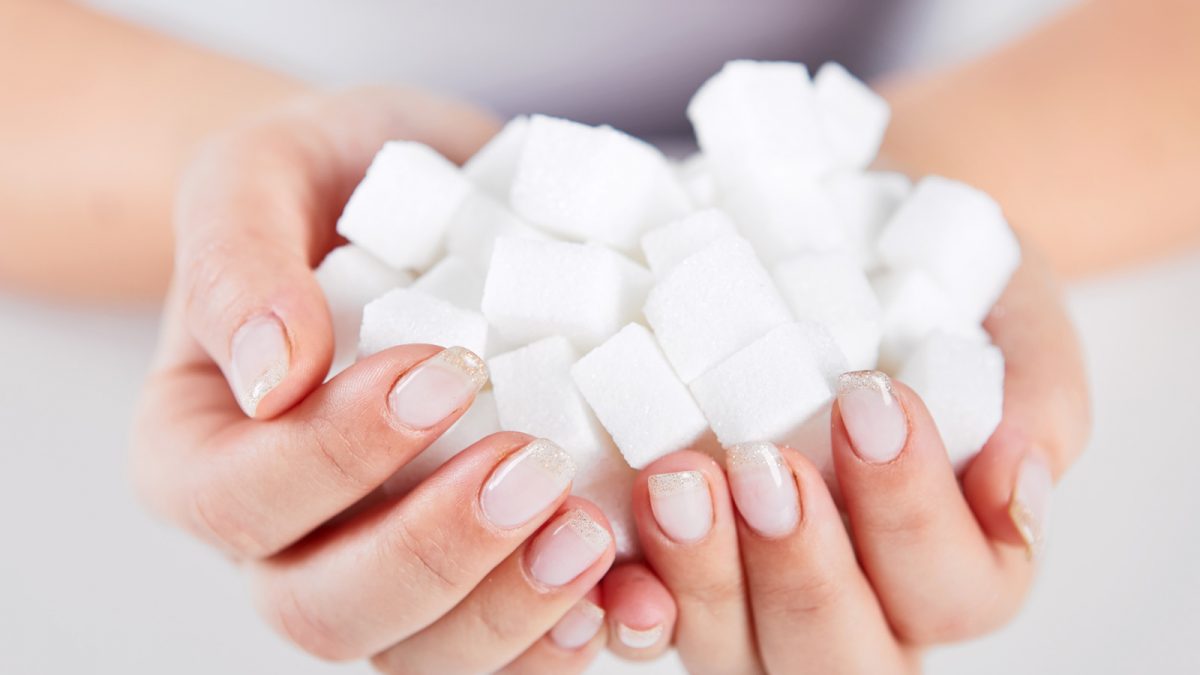The Truth about Sugar and Cancer (Plus: The ONE Sugar to Avoid)
Cancer is probably the most feared of all degenerative diseases. It is also one that has touched every one of us in some way. And if projections from the National Cancer Institute are any indication, the epidemic will continue to worsen…
Cancer cases worldwide are projected to increase by 50% in the next ten years. That would take the number of people suffering from this killer disease from 14 million to more than 21 million people!
While genetics play a small role in your risk for cancer, your diet is the biggest contributing factor. And one dietary factor can be especially troublesome when it comes to your cancer risk…
Sugar and Cancer: The Insulin Connection
It’s not breaking news that sugar consumption helps to promote cancer growth.
In the 1920’s, Nobel Prize winner, Otto Warburg, discovered that cancer cells are fueled by burning sugar anaerobically. This has been coined “The Warburg Effect”. About 80 percent of cancer cells lack the metabolic flexibility to survive in the absence of sugar.1,2
In fact, cancer has such a “sweet tooth” that oncologists actually use this trait as a diagnostic tool.3
Here’s how it works…
Positron Emission Tomography (PET) scans can reveal places in the body where cells are consuming extra glucose. So, doctors provide patients with a sugary solution to drink and then perform a series of PET scans. Tumors light up the scan like a Christmas tree, allowing the physician pinpoint their size and location.4
It should come as no surprise that retrospective studies (which look back at patient histories) show that a preponderance of people who develop colorectal, pancreatic or breast cancer have elevated insulin levels before their diagnosis.
Sugar also encourages cancer development by damaging the mitochondria (or “powerhouse” of the cell), altering your hormonal system and metabolism, and by the creation of advanced glycation endproducts (AGEs) which damage cells and DNA.5
Fructose: An Exceptionally Dangerous Type of Sugar
Sugar in the form of fructose may be especially dangerous when it comes to raising cancer risk. That’s because fructose enhances protein synthesis and promotes more aggressive forms of cancer.6
In fact, research shows that fructose, in particular, is cancer’s favorite form of sugar…
A recent study conducted at the MD Anderson Cancer Center in Texas found that 50-58% of mice on fructose or sucrose (half fructose, half glucose) enriched diets developed mammary tumors in 6 months compared to those on a starch-control diet. The cancers in the sugar-fed group grew faster and had significantly higher rates of metastasis (spread) to the lungs. And according to the co-author of the study, Lorenzo Cohen, Ph.D:
“We determined that it was specifically fructose… which was responsible.”
Similarly, researchers found a preference for fructose in one especially deadly cancer – acute myeloid leukemia (AML). These cancer cells actually increase expression of a fructose transporter (called GLUT5) to provide a metabolic advantage and grow faster! This helps the cancer spread, especially when glucose is limited.7
This link has been proven time and time again…
Another study published in Cancer Research explored the link between fructose and pancreatic cancer, which can be especially deadly.8 These researchers noted that “fructose and glucose metabolism are quite different.” Their findings showed that cancer cells can readily metabolize fructose to increase proliferation. They researchers go on to state:
“Fructose is a particularly significant dietary sugar component with important implications for patients with cancer, particularly given the significant dietary change that has occurred in human fructose consumption since the mid-20th century.”
Consuming fructose has been linked with many cancers including those of the breast, small intestine, colon and pancreas.
The Keto Diet: Metabolic Therapy for Cancer
Preventing cancer tomorrow… starts with your diet today.
Reducing your intake of sugar – especially fructose – from dried fruits, honey and maple syrup (as well as completely avoiding added sugars in the form of high fructose corn syrup, agave nectar and table sugar), is essential to keep blood sugar and insulin levels low. This helps prevent cellular changes that can turn healthy cells cancerous… and starve existing cancer cells of their fuel.
It’s no wonder that a keto diet is being used successfully to treat cancer! This high-fat, moderate protein, ultra-low carb diet is a satisfying way to eat that deeply nourishes YOU… while depriving cancer cells of the fuel they need to survive.
Here are just a few sample cancer-fighting keto meal ideas to get you started:
- Instant Pot Keto Thai Salmon Curry
- Buttery Shrimp Scampi over Zoodles
- Fatty Heart Burgers with Chimichurri
- Easy Paleo Keto Cobb Salad
- Sugar-Free Bacon Wrapped Teres Major with Buttery Cauliflower Mashers
- Ribeye Steak with Broccoli & Cheese Sauce
Aren’t ready for keto yet? Eating a low carb, high fat diet and keeping sugars to a maximum 25 grams a day (and fructose to 15 grams or less) models our cancer-free ancestor’s diets and provides powerful blood sugar control.




Leave a Reply